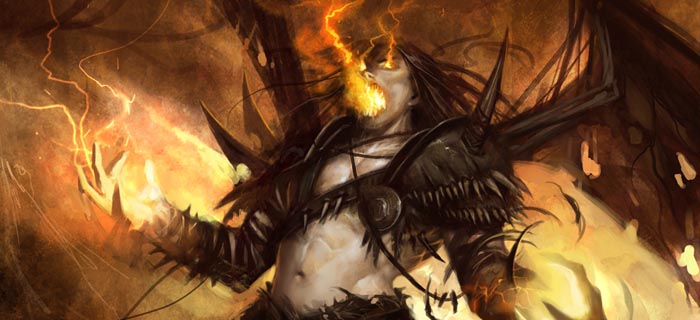Buying an Advantage: Part 1 of 2
Among the nuanced changes we’ve seen come to gaming in tandem with the Internet age, online transactions are probably the second most obvious (behind, of course, broadband online multiplayer). Whether it’s DLC, episodic games, or tie-in merchandise for your avatar, the credit card is increasingly a factor when stepping into the virtual arena.
But, in a separate category common to Korean-based grind-fests (and recently seen in Battlefield Heroes), many publishers are also offering a different kind of downloadable content: grind-saving shortcuts.

You could only get the dragon by picking Random. Not that I would know that.
Instead of being something useful, such as horse armor, these penny-priced premiums offer the customer something entirely different. Consider the cult phenomenon from 7 years ago, Gunbound.
Gunbound was essentially a free-to-play Worms clone with a little more strategic depth and nuance. Instead of controlling a few identical worms, a player controlled one of many greatly differing mini-tanks, each with its own abilities, and each customizable to the user’s liking. After each battle, players were awarded in-game currency based on damage done, accuracy, bonus shots, etc. In turn, those digital dollars could be spent to buy a suit of armor to increase your HP, a lightning rod to attract critical hits, or a pirate hat, which further increased your winning bounties going forward.
This system added an addictive RPG element that rewarded skill, but also made it possible for even the worst marksman on Earth to eventually buy the coveted Pink Hair Ribbon (dreams really can come true!).
But, of course, Softnyx can’t make any money with hundreds of thousands of addicts players clogging up their servers. For a few real dollars, players could purchase middling amounts of in-game currency, effectively trading greenbacks for grinding. Now, instead of playing Gunbound for 4-6 hours every night (not that anyone did that, because um… that person would be a complete loser, unlike me) one could simply hand over $10-$20 and “buy” a week’s worth of experience coins.

No, this does not make Farmville a real game.
This might sound familiar to anyone who currently plays Battlefield Heroes, Magic: the Gathing DOTP, or… God help you… Farmville. In fact, it might sound familiar to anyone who’s played almost any casual, grind-based game in the past 5 years. It should surprise nobody that this type of payment option will become increasingly common in the near future. Don’t be surprised if Activision starts charging you to reload your fucking gun in World of Call of Duty.
Software companies have begun to realize that microtransaction games, many of which are free-to-play, appeal greatly to hardcore and casual gamers alike. And while ‘core gamers may not like the idea of such a genre being marketed toward them, its hard to imagine any other demographic enjoys endless hours of semi-rewarding tedium nearly as much.* After all, just look at the ridiculous incentive loop created by “Prestiging” in Modern Warfare.
Casuals, of course, get the satisfaction of getting a game for free and, for a small, optional price, being able to accelerate their progress. But the question that remains is an important one: Is it cheating?
I’ll reserve my opinion on that for Wednesday. I have some gardening to which I must attend.
Stay tuned for Buying an Advantage: Part 2, in which we’ll discuss the moral ups and downs of microtransactions.
*Excluding high-school honors students.







[…] This article is a continuation of our previous discussion regarding microtransactions. […]